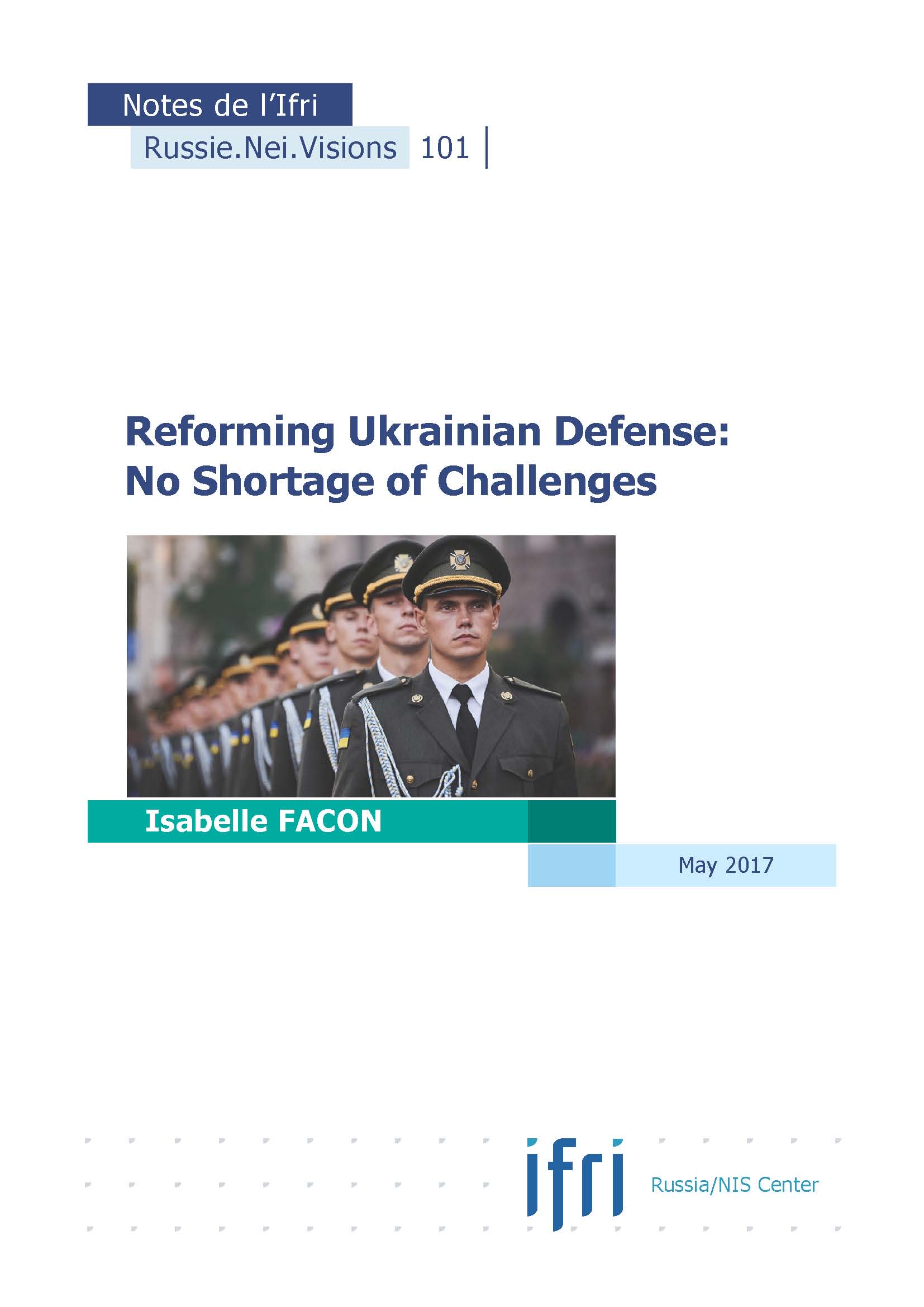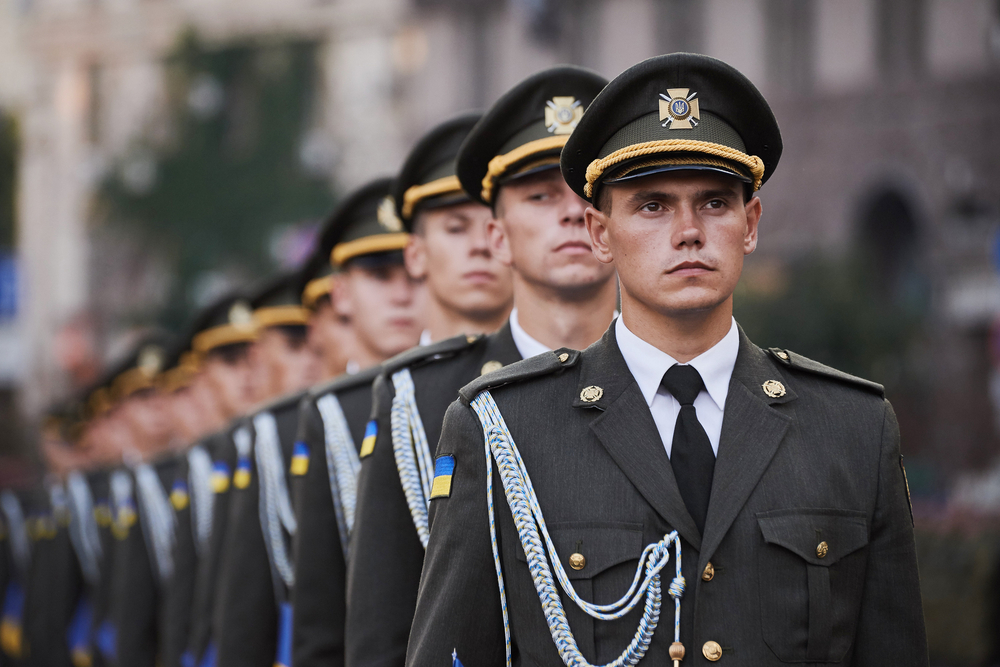Reforming Ukrainian Defense: No Shortage of Challenges

Ukraine’s conflict with Russia has highlighted the catastrophic state of Ukraine’s defense apparatus.

Three years after the Euromaidan protests and as the war in the east continues, the government has pursued significant military reforms. Kiev has published new strategic documents which reflect the complexity of the challenges facing Ukrainian national security. Pressure from NATO comes in addition to pressure from civil society, which manifests itself in numerous ways. Nonetheless, military reform in Ukraine is still suffering from a number of constraints related to the amount of resources available, resistance on the part of various national players and conflicts between different institutions.
Isabelle Facon is a Senior Research Fellow at the Foundation for Strategic Research (FRS), where she works on Russian security and defense policy. She is a Senior Lecturer at the École Polytechnique, where she leads the “Geopolitics of Eurasia” seminar.
Download the full analysis
This page contains only a summary of our work. If you would like to have access to all the information from our research on the subject, you can download the full version in PDF format.
Reforming Ukrainian Defense: No Shortage of Challenges
Related centers and programs
Discover our other research centers and programsFind out more
Discover all our analysesRussia, the Palestinians and Gaza: Adjustments after October 7th
The Soviet Union (USSR), and subsequently the Russian Federation as its internationally recognized legal successor, has consistently sought to play a visible role in efforts to resolve the Israeli-Palestinian conflict.
Deathonomics: The Social, Political, and Economic Costs of War in Russia
The report attempts to outline and examine a truly new phenomenon in Russian society, dubbed “deathonomics”—the making of a mercenary army against the backdrop of the Kremlin’s war in Ukraine, eventually replacing both the Soviet (conscript) and early new Russian (contract) armies. It notes that, by the end of 2023, this trend had turned the military service into one of the highest-paying professions in the country, something not seen in Russia on such a scale since the late 17th century.
Russia's Asia Strategy: Bolstering the Eagle's Eastern Wing
Among Russia’s strategic priorities, Asia traditionally played a secondary role compared to the West. In the mid-1990s, then Foreign Minister Yevgeny Primakov initiated a rapprochement with China and India. Then, in 2014, deteriorating relations between Russia and the West prompted Moscow to begin its “great pivot to the East”.
Kazakhstan After the Double Shock of 2022: Political, Economic and Military Consequences
The year 2022 represented a dual shock for Kazakhstan. In January, the country faced its most severe political crisis since independence, followed in February by Russia’s full-scale invasion of Ukraine, which cast uncertainty over the borders of post-Soviet states. These consecutive crises profoundly shaped Kazakhstan’s domestic and foreign policy.











